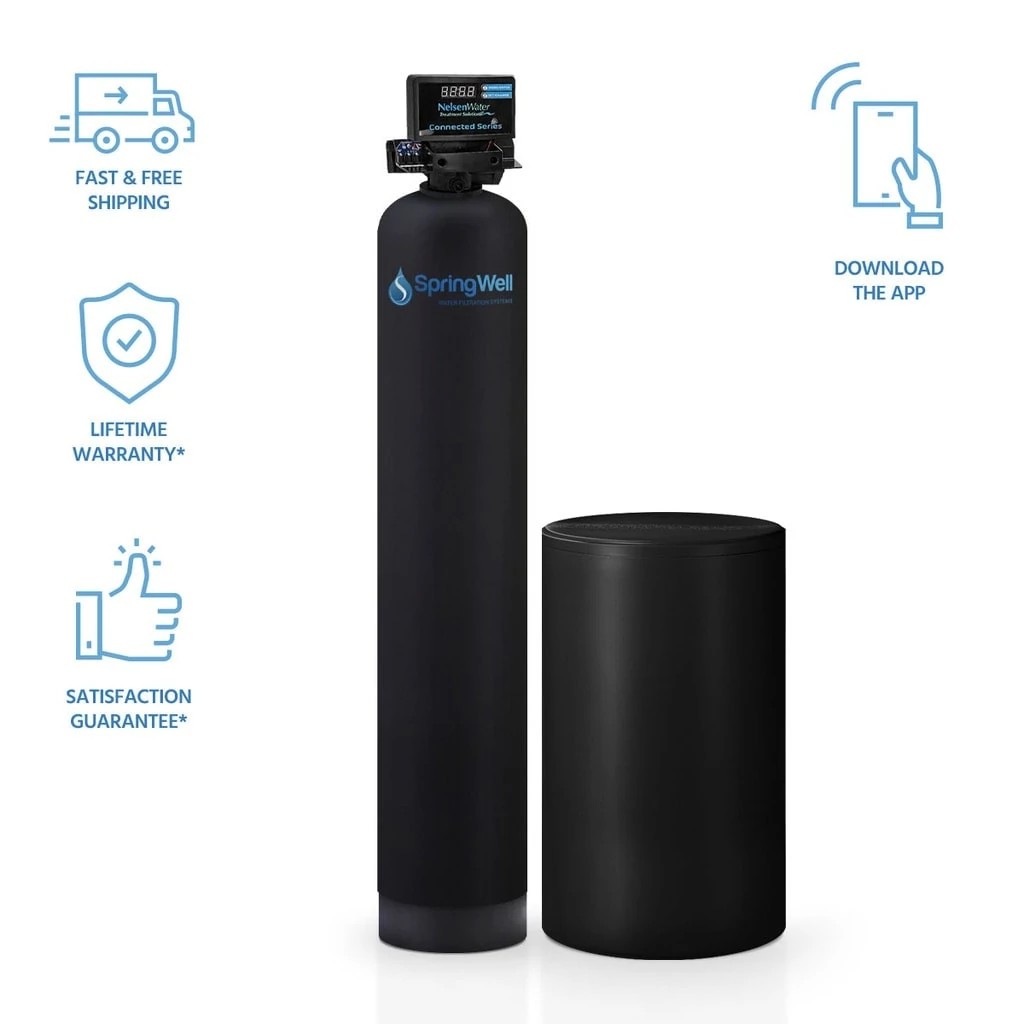Is your toilet water brown? Don’t panic! While unsettling, brown toilet water is often a fixable problem. This article explores eight common reasons for brown toilet water and provides practical solutions to help you restore clear, clean water.
Common Causes of Brown Toilet Water
Brown toilet water can stem from several sources within your plumbing system or even your water supply. Here are the most likely culprits:
1. Rusty Pipes
Aging pipes, especially those made of iron or steel, can corrode over time, leading to rust buildup. This rust can dislodge and mix with the water, causing a brown discoloration. Older homes are more susceptible to this issue.
Solution: Flush your cold water taps for 15 minutes to clear out loose rust. If the problem persists, consider contacting a plumber to assess the need for pipe replacement. For a long-term solution, a whole-house water filter can prevent rust from entering your plumbing system.
2. Worn Toilet Components
Deteriorating toilet parts, such as the flapper or fill valve, can introduce rust or debris into the water. A faulty flapper can also allow continuous water flow, increasing the likelihood of discoloration.
Solution: Replace worn-out flappers and fill valves to prevent contamination and ensure proper toilet function. These are relatively inexpensive and easy to replace.
3. Excess Minerals in Water
High levels of iron and manganese in your water supply can cause brown staining in your toilet bowl. Hard water, rich in calcium and magnesium, can also leave deposits that contribute to discoloration.
Solution: Test your water to identify mineral content. Install a water softener to address hard water issues. For high iron or manganese, consider a whole-house water filter with iron removal capabilities. Soaking the tank and bowl in vinegar can also help remove mineral buildup.
 A water softener can help remove excess minerals that cause brown toilet water.
A water softener can help remove excess minerals that cause brown toilet water.
4. Clogged Pipes
Blockages in your plumbing system can restrict water flow and cause backups, leading to brown water in the toilet. Common culprits include toilet paper, waste, and “flushable” wipes.
Solution: If only one toilet is affected, try plunging to clear the clog. If multiple fixtures are affected or the problem persists, contact a plumber to inspect and clear the blockage using a plumbing snake or camera.
5. Infrequent Cleaning
Neglecting regular toilet cleaning allows the buildup of mold, bacteria, and other deposits, which can discolor the water.
Solution: Clean your toilet bowl and tank regularly with a toilet brush and cleaner, paying special attention to the rim and water line.
6. Water Supply Disruptions
Municipal maintenance, heavy rainfall, or algae blooms can temporarily affect water quality and cause brown discoloration.
Solution: Contact your water provider to inquire about any ongoing maintenance or water quality issues. Consider installing a whole-house water filter to protect against temporary disruptions.
7. Sewer Line Problems
A blocked sewer line can cause wastewater to back up into your toilet, resulting in brown, foul-smelling water.
Solution: Sewer line issues require immediate professional attention. Contact a plumber to diagnose and repair the problem. This is not a DIY project.
8. Well Water Contamination
If you have a well, brown water could indicate rust or corrosion within the well itself or high levels of naturally occurring minerals.
Solution: Test your well water for contaminants. Install a well water filtration system designed to remove rust, sediment, and other impurities. Contact a well water specialist for assistance.
Clear Water Solutions
Brown toilet water is often a symptom of a larger plumbing or water quality issue. While some solutions are simple DIY fixes, others require professional assistance. Don’t hesitate to contact a plumber or water treatment specialist if the problem persists or you suspect a more serious underlying issue. A whole-house water filtration system is a worthwhile investment to protect your home’s plumbing and ensure clean, safe water for your family.